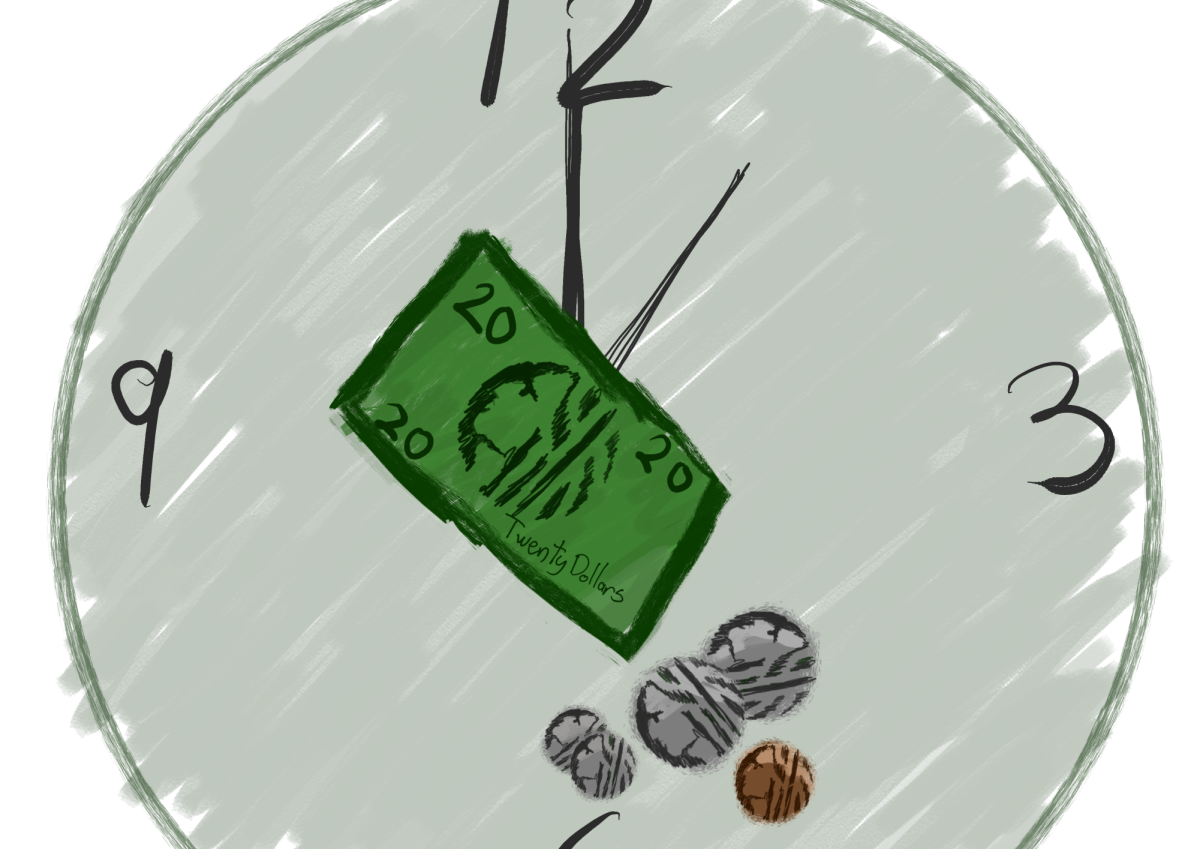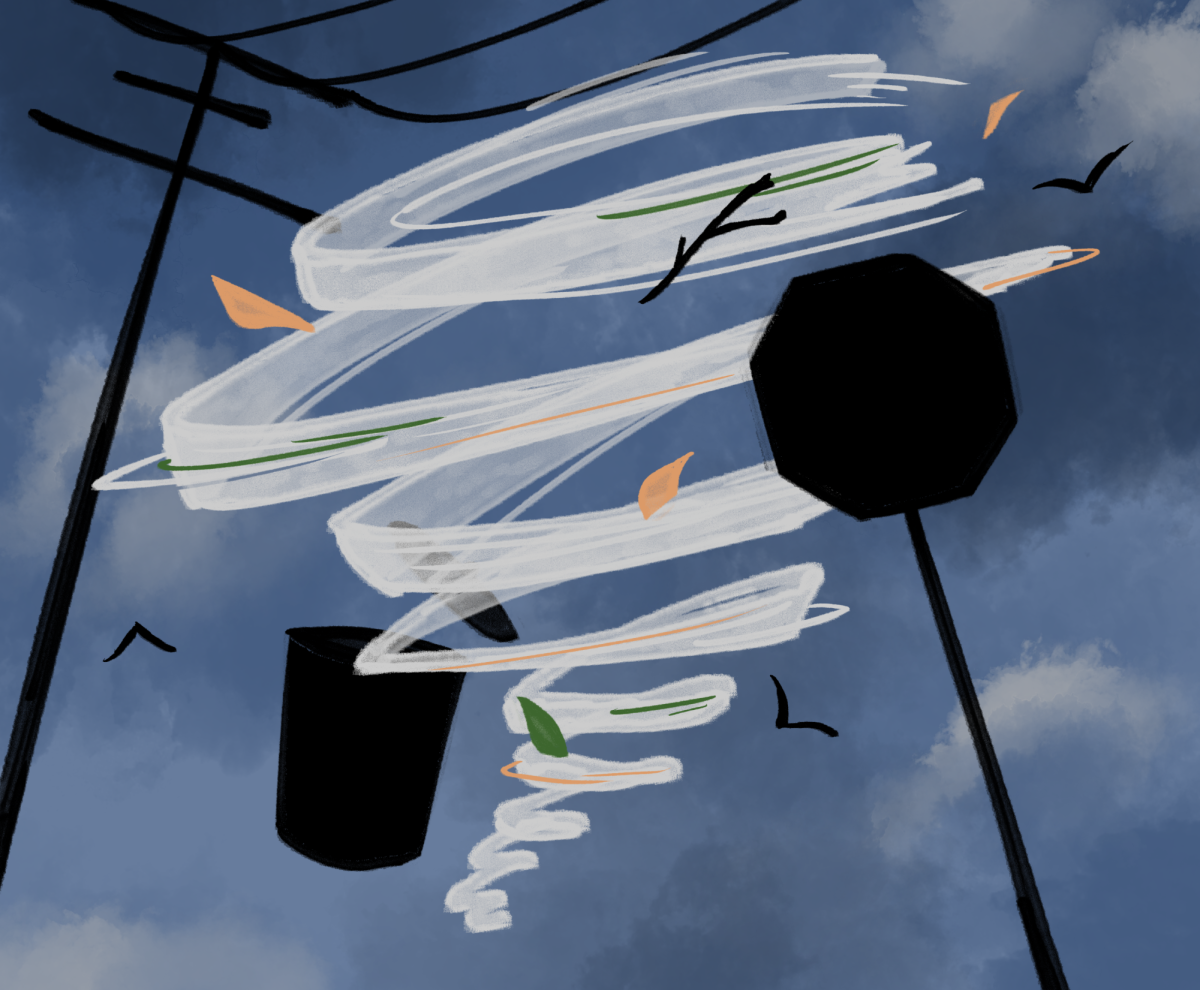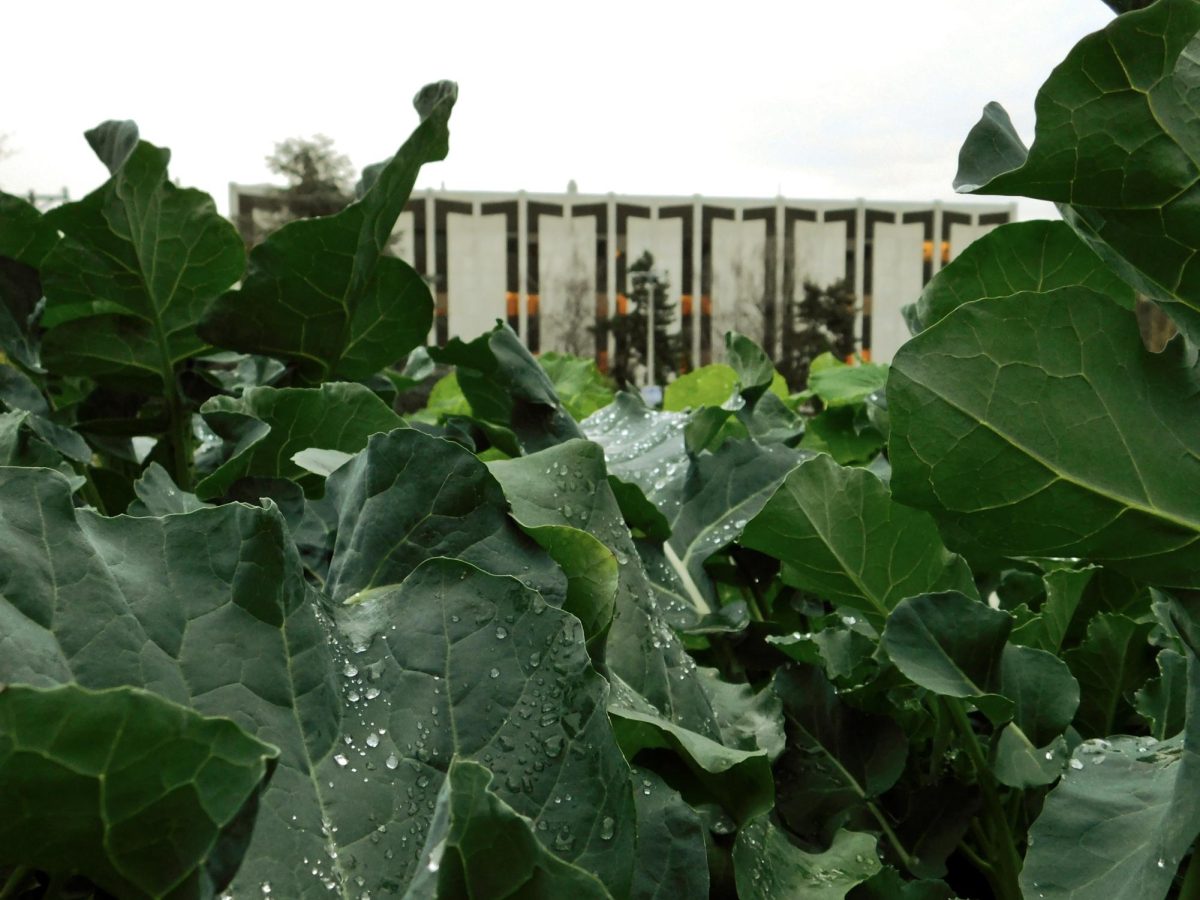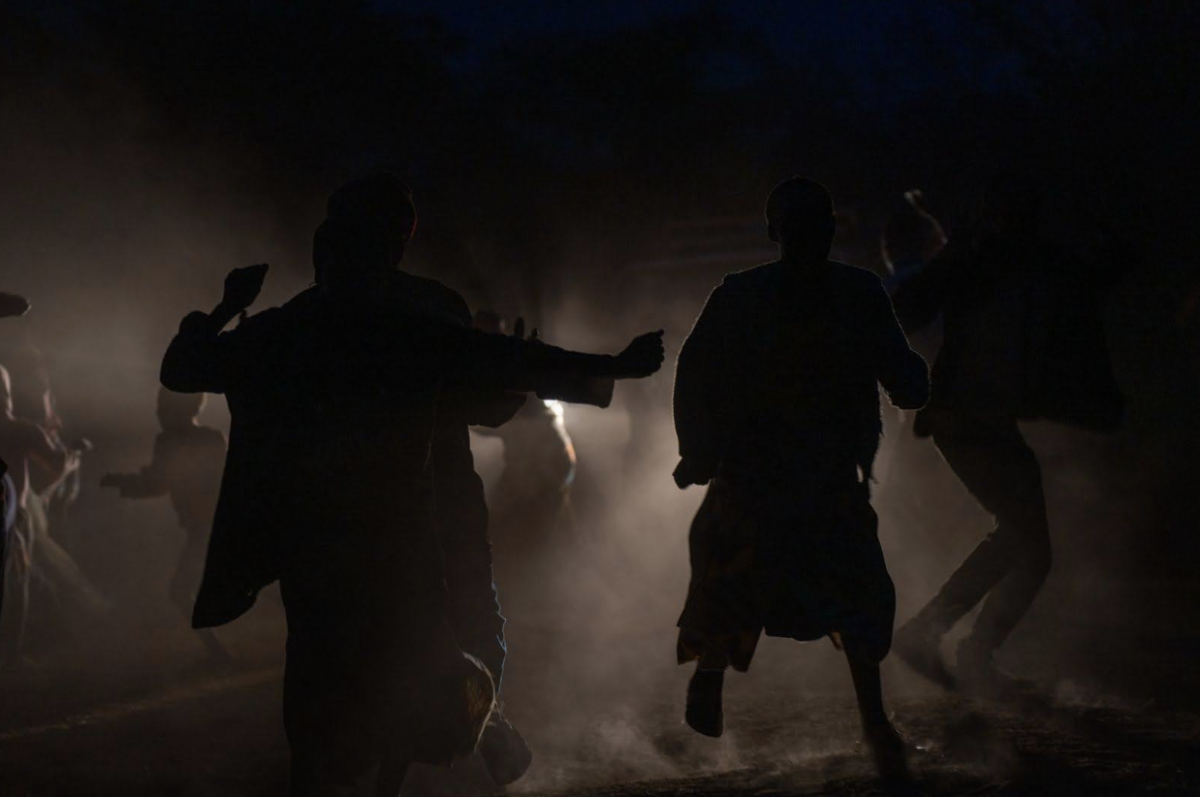“There is something to explore and learn for everyone, whether you are new to sustainable living or a long-time practitioner,” said Yolanda Cieters, sustainability manager for Seattle University’s Center Environmental Justice and Sustainability.
This week marks the fourth anniversary of the EcoChallenge at Seattle U, an event meant to challenge students and alumni to reflect on their consumption and how it affects the local and global community and the Earth. This year, the main focus is food consumption and water use. The EcoChallenge will take place from April 10 to April 28.
“I think the biggest take-away has been the ‘learn’ portion of the challenge and the selection of resources that are shared during the challenge,” Cieters said.
The EcoChallenge provides participants with resources such as videos, footprint calculators, informational articles and advocacy campaigns. Another major aspect of the EcoChallenge is the research done by participants to learn who is doing what in the community to promote environmental sustainability.
“Last year when I participated in the EcoChallenge I remember that the first week was about food and waste,” said Troy Chen, a senior environmental science major at Seattle U. “I tried to shop in a more environmentally friendly way by buying goods with no packaging or less packaging.”
The second two weeks of last year’s challenge focused on energy and building and social sustainability.
“I was really interested in green engineering so I did research about green housing. I also did research on lead piles distribution. We were given a webpage where you can type your address in and see pipe materials in your area,” Chen said.
The theme of this year’s EcoChallenge is “Belongings and Belonging.” Participants are being challenged to track their spending, their food consumption and their water use.
Kimberly Gawlik, senior administrative assistant at the College of Arts and Sciences, has participated in the EcoChallenge every year.
“At first, I was hesitant to participate again in this year’s EcoChallenge,” Gawlik said. “I thought that it would be the same material and structure as last year. I learned that they had revamped the challenge this year, and they made a lot of really good changes. I like the new focuses this year and the fact that they have made the challenge more inclusive this year.”
One main difference this year is that people are able to participate in the challenge as individuals, and teams can now have up to eight members.
The challenge is now open to students, faculty, staff and alumni. The goal of making the challenge more open and inclusive is to gain more support for the challenge and encourage more people to participate, even if they don’t have a team to participate with.
“The challenge is also more cohesive and interconnected with other happenings on campus and the world this year,” Gawlik said. Earth Day is on April 22, which will be during the EcoChallenge.
Bon Appetit is also getting involved in the environmental efforts by weighing and measuring food waste during Earth Week.
During the first week, participants are challenged to determine their baseline consumption habits by tracking spending, food consumption and water use habits so that they can then see how their consumption habits might change over the next few weeks. Participants will fill out a scorecard to track different aspects of their consumption.
Participants will earn points by making simple lifestyle choices, such as using less water and being more conscious of their consumption, advocating for issues that are important to them, participating in volunteer activities or watching informative videos. Gifts and prizes will be given out each week to those who have accrued the most points for the week. At the end of the EcoChallenge the highest scoring team will receive a gift for each member of the team.
By establishing a baseline for consumption patterns and then providing activities and information about how to personally improve and make more eco-conscious choices, the EcoChallenge is a way to make participants think about their current patterns and what they can do to improve in the future.
“If in the future participants engage more with their communities, consume less, and care more for their environment,” said Phillip Thompson, director for the Center for Environmental Justice and Sustainability. “The EcoChallenge will be a success.”
Bailee may be reached at
[email protected]











